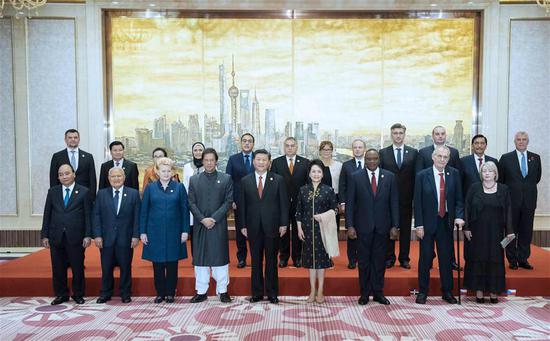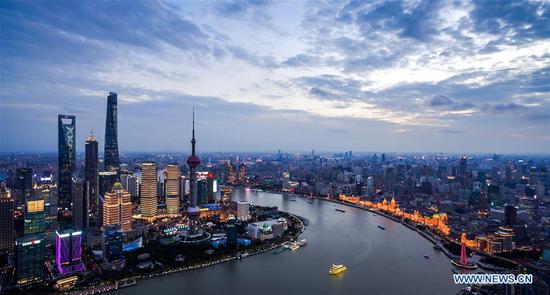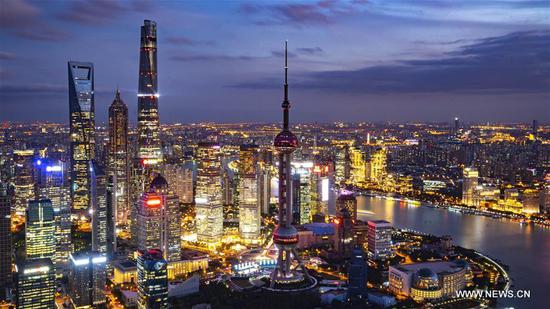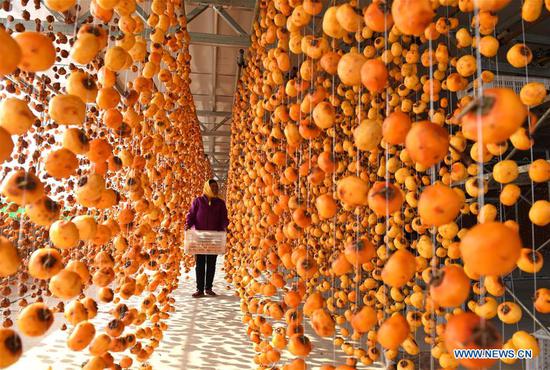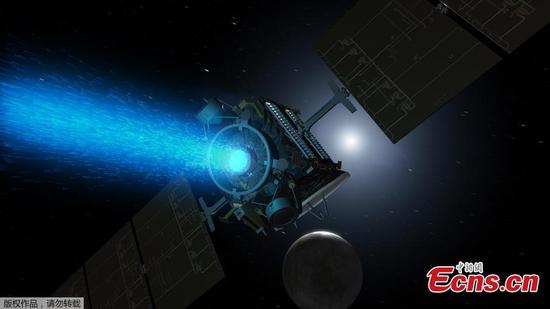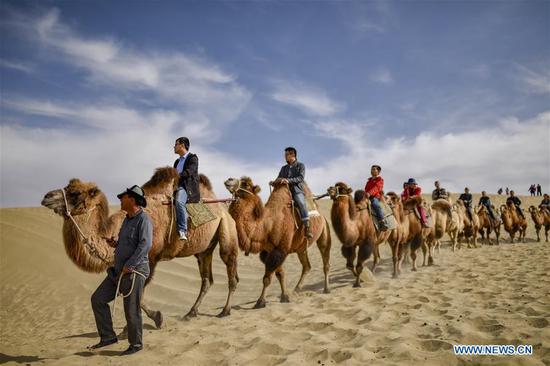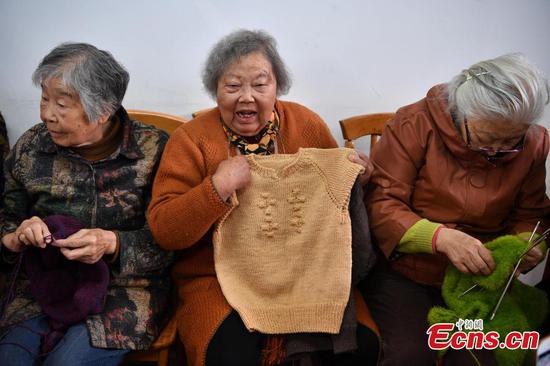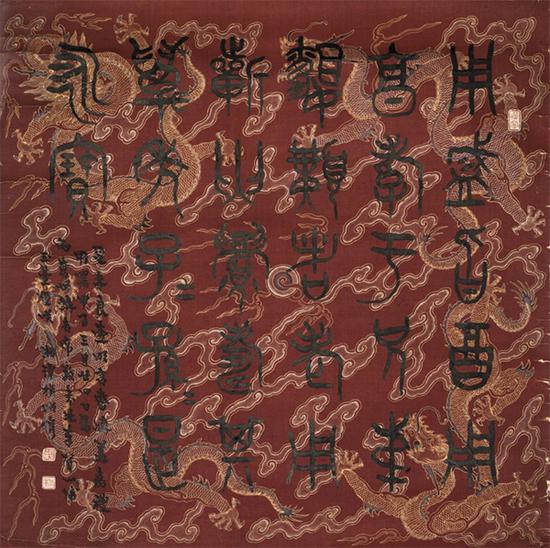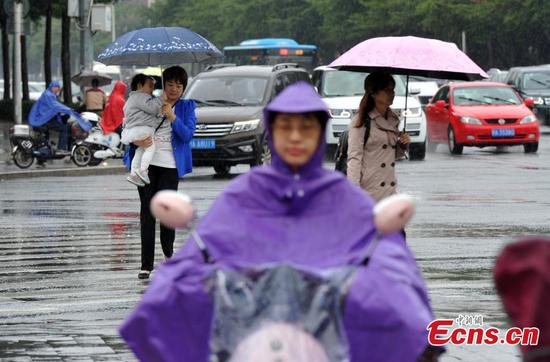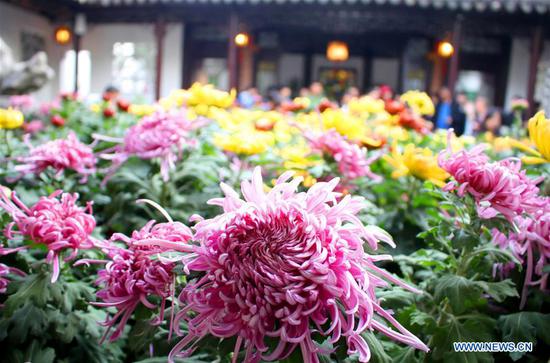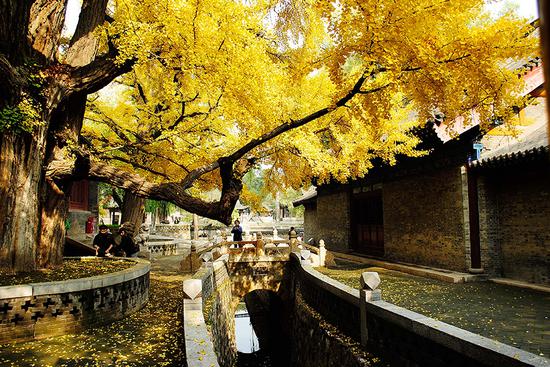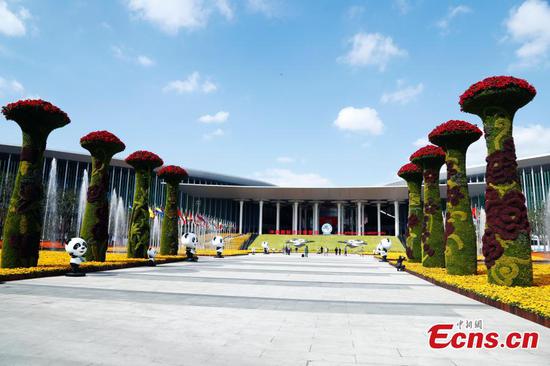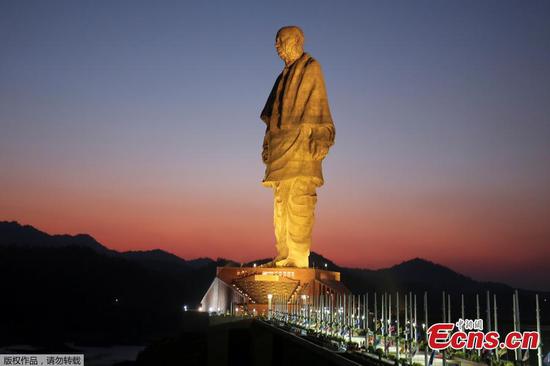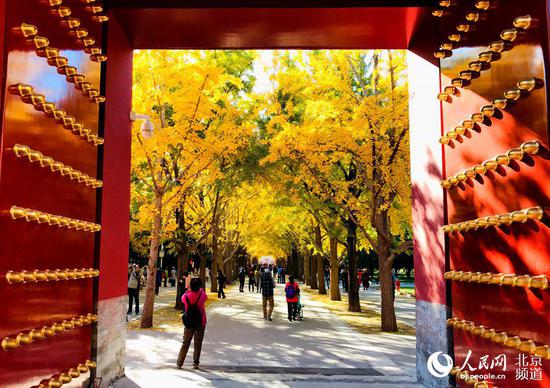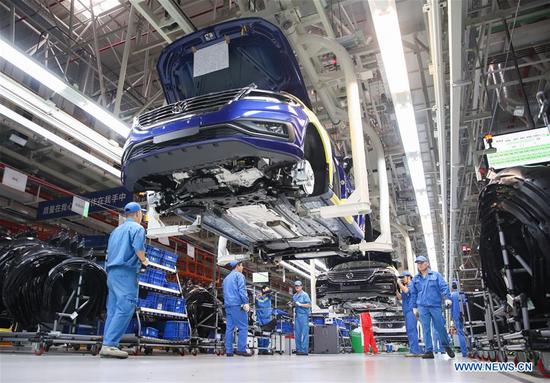China's saving rate, which has shown a trend of declining in recent years, has pointed to a stronger domestic demand, Zhou Xiaochuan, the former governor of the People's Bank of China, the country's central bank, said at a forum.
The savings rate reached about 50 percent at its peak period, but now it has dropped by several percentage points, Zhou noted at the second Qiantangjiang Forum in Hangzhou, capital of East China's Zhejiang Province, which was held over the weekend.
But he warned that Chinese regulators should, at the same time, "monitor closely" over such change as consumption credit is developing very fast in China, and some young consumers may overspend credit or borrow too much, which could cause new risks.
Industry insiders also stressed that China's growing consumption power could be a weapon to help the country dilute the negative effect of the ongoing China-U.S. trade tensions.
In the first three quarters of 2018, consumption contributed to 78 percent of China's economic growth.
During the forum, Zhou also urged that China be alert of "increasing risks" from the new round of currency depreciation among new emerging economies, such as Argentina, Turkey, Russia and South Africa, amid a stronger dollar and the interest rate hikes of the U.S. Federal Reserve.
"We should pay attention to the extent of how much capital outflow from the emerging markets is affected by the U.S. Federal Reserve's interest rate decision and international economic situation," Zhou said. "China needs a clear analysis on the potentially hazardous effects and should not treat this lightly."










